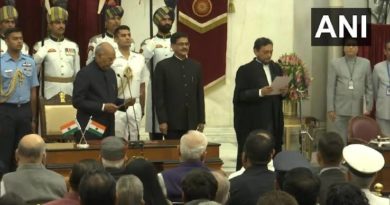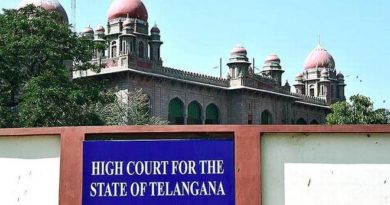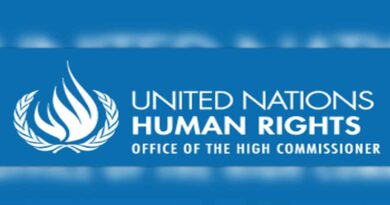Telangana High Court Issues Notice to BCI in a Plea Challenging Rs 3500 Fee for All India Bar Exam, Argues Violation of Supreme Court Ruling.
(Judicial Quest News Network)
In a significant legal challenge, a plea has been filed before the Telangana High Court against the Bar Council of India’s (BCI) Rs 3500 registration fee for the 19th edition of the All-India Bar Examination (AIBE). The petitioner, advocate Vijay Gopal, has argued that this fee is exorbitant, arbitrary, and violates the principles established by the Supreme Court.
Gopal’s petition asserts that the AIBE is a mandatory requirement for practicing law, and as such, the fee charged by the BCI should not exceed the limits set by the Supreme Court’s ruling in the Gaurav Kumar vs. Union of India case. In that judgment, the apex court had specifically ruled that the enrolment fees imposed by State Bar Councils and the BCI must adhere to the limits prescribed under Section 24(1)(f) of the Advocates Act, 1961, which stipulates a fee of Rs 750 for general category candidates and Rs 125 for Scheduled Caste and Scheduled Tribe candidates. The Telangana High Court has issued notice to the BCI and the counter is expected to be filed by 27-11-2024 the next date of hearing
The petition highlights that the BCI’s AIBE fee, which is over 400% higher than the prescribed enrolment fee, is not only unjustifiable but also unconstitutional. The petitioner argues that such a steep fee for a mandatory exam violates his fundamental rights under Article 14 of the Constitution, which guarantees equality before the law.
The Telangana High Court is scheduled to hear the case on November 27 before Justice B. Vijay Sen Reddy. Gopal has urged the court to declare the Rs 3500 AIBE registration fee as arbitrary and to prevent the BCI from continuing to charge such a fee. He has also called for a refund of any fees already collected from candidates.
In addition, the petitioner seeks a direction from the court to prevent the BCI from outsourcing its statutory functions to third-party agencies without legal authorization.
This case brings to the forefront a crucial issue about the balance between regulatory powers and the rights of individuals, particularly in the context of access to the legal profession.




